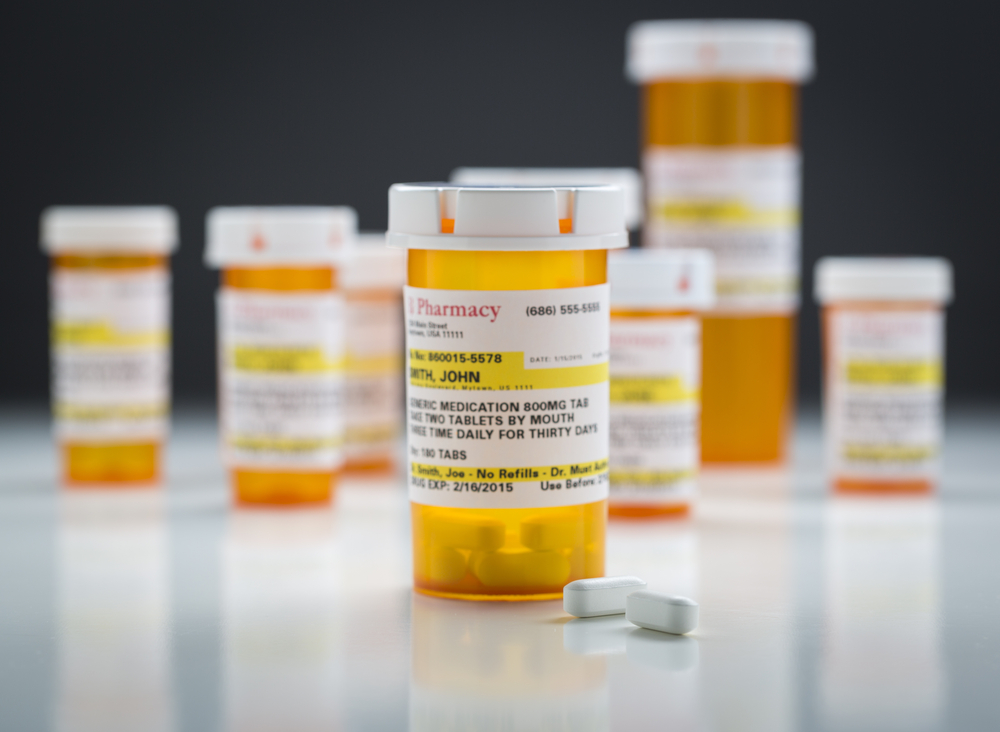May 31, 2022 – Understanding the tradeoffs among desirable and undesirable drug product characteristics that consumers and their treating physicians make “will provide valuable insight into the relevance and impact of various product attributes and promotional claims on informed choices and treatment decisions,” according to the Food and Drug Administration’s Office of Prescription Drug Promotion (OPDP). OPDP recently published a notice in the Federal Register about a study it plans to conduct on product claims in both direct-to-consumer (DTC) and healthcare provider (HCP) promotion.
“Although diagnosed consumers may weigh the risks, benefits or other salient characteristics … differently than physicians, little research directly compares the treatment preferences of these two groups,” the April 25 notice states. The proposed research will examine the relative importance of prescription drug product information such as drug efficacy, risk, adherence and patient preference claims in two medical conditions: Type 2 diabetes and psoriasis.
OPDP plans to use a “choice-based conjoint analysis” to estimate how attractive or influential different features of choice options or product attributes are in determining purchase behavior or treatment choices. Specifically, a target group of 800 patients and 800 physicians will be shown profiles describing fictitious prescription drug products for one of the two conditions. Participants will be presented with a carefully designed sequence of choice tasks containing up to five hypothetical product attributes.
With data from the choices that participants make across these tasks, OPDP states it will:
- Use statistical techniques to draw inferences about the relative value they place on different product attributes;
- Explore the tradeoffs that consumers and physicians are willing to make to avoid or accept specific attribute levels; and
- Compare the preferences of these two groups.
Fierce Pharma notes that OPDP has been cracking down on misleading marketing for psoriasis and diabetes this year. OPDP issued an Untitled Letter to Eli Lilly in January, citing omission of risk information in an Instagram post for the diabetes drug Trulicity, and in March it sent an Untitled Letter to Bausch Health, citing a lack of balance between benefits and risks in a DTC video and HCP web page for the psoriasis drug Duobrii.
These are the only two Untitled Letters issued by OPDP thus far in 2022, and may have led to the choice of the two conditions for this proposed study. The agency is accepting comments on the proposed study until June 24.




